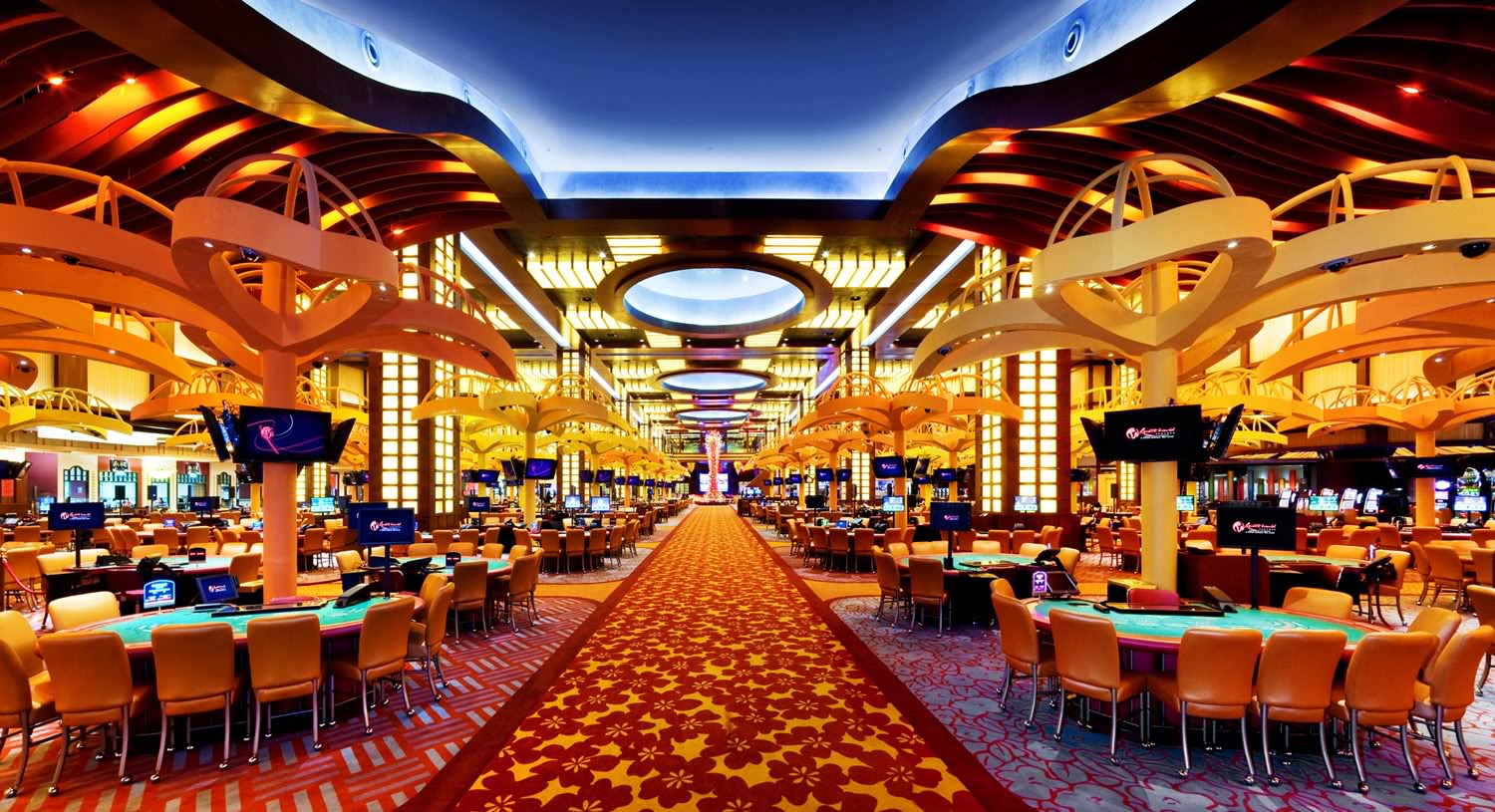
A realm of leisure has seen many shifts over the decades, but not many have captured the imagination and thrill of gamers like gambling games. Originating in from the vibrant halls of Las Vegas, Nevada and Atlantic City, these games have moved beyond borders and cultures, becoming a global phenomenon. Whether in the dazzling lights of a mega-resort to the convenience of online sites, the allure of casino games is undeniable, luring millions into a world of chance and strategy.
As an increasing number of nations embrace gambling in multiple ways, the influence of U.S. gambling is clear. They have not only shaped local gambling markets but have also inspired countless adaptations and innovations worldwide. Classic games such as poker and the blackjack, along with modern variations, have created a shared language of entertainment that connects across diverse populations. The mix of risk, reward, and social engagement found in these games fosters a unique sense of belonging, further cementing their place in the global entertainment sphere.
Historical Overview of American Gambling Activities
U.S. casino games have a rich and varied past that mirrors the societal evolution of the United States. The origins of these games can be traced back to multiple Europe’s gambling practices brought over by settlers. Games like the poker game, the blackjack game, and roulette found their way into the fabric of American culture in the 1800s century, gaining popularity in bars and steamboats. These venues offered the ideal backdrop for community interaction and competition, laying a solid foundation for casino gambling as we recognize it today.
As the country expanded to the west, gambling evolved alongside it. The Gold Rush era in the mid1800s witnessed the rise of gambling towns such as Deadwood, South Dakota and Tombstone, where games were played with big bets, frequently punctuated by an air of disorder. This period paved the way for the formalization of casino games in the beginning of the 20th century, especially with the establishment of Las Vegas, Nevada as a gambling hotspot. The building of opulent casinos changed the gambling environment, establishing an environment where games could thrive and draw visitors from around the world.
In recent decades, the approval of casino gambling in multiple states has additionally expanded the variety of activities available. American casinos now feature a mix of classic games and new offerings that cater to contemporary players. This growth has enabled for a unique blend of old and new, facilitating the continuous development of casino culture in the U.S.. The global influence of these games has also contributed to their inclusion into global gaming markets, demonstrating the lasting impact of American casino gambling activities across the world.
Global Popularity and Influence
The rise of American casino games has marked a notable change in the global gambling landscape. With their attraction crossing boundaries, these games have captivated players around the globe. From Texas Hold’em tournaments to slot machines, American styles have established a home in many international casinos. This transfer of culture emphasizes how adaptable and compelling these titles are, adapting to local preferences while maintaining their classic American charm.
Additionally, the influence of these games extends beyond conventional gambling venues. Digital platforms have played a pivotal role in promoting U.S. gambling titles, making them available to players worldwide. The ease of online gambling has introduced millions to opportunities that were once limited to physical casinos. Players can now play their favorite titles from anywhere, creating a fresh wave of excitement and expanding the gamer base significantly.
This widespread embrace is also seen in the integration of American casino games into local traditions. Countries that have adopted these titles often host their own adaptations and competitions, mixing local customs with U.S. gambling traditions. This blend not only enriches the gaming journey for participants, but it also highlights the powerful impact that U.S. casino titles have on both leisure and social engagement across various societies.
Cultural Adjustments and Innovations
Casino games have undergone major changes as they spread across various societies. Each region has taken in elements of American gambling while adding its own customs and practices. http://ijlievo8.ph/ For example, the rise of digital casino sites has allowed for the integration of local character into classic games like Texas Hold’em and blackjack. Players now enjoy versions that incorporate regional betting styles and distinct rules, making the games more relatable and welcoming for different crowds.
In many nations, the appeal of casino games has led to the development of localized editions that reflect cultural themes and narratives. This adaptability has paved the way for innovative game design that resonates with players on a individual basis. Slot machines, for instance, now feature imagery and audio that celebrate local traditions, legends, and popular culture, which in turn improves the gaming experience and fosters a feeling of belonging among gamblers.
Moreover, the global impact of U.S. casino games has led to new game formats and blended formats. Some venues have combined traditional betting with entertainment aspects, such as live shows or interactive tech, resulting in a more immersive atmosphere. These developments not only attract a broader crowd but also guarantee that the essence of gambling continues to evolve, bridging gaps between different communities while maintaining the excitement that gambling games are known for.